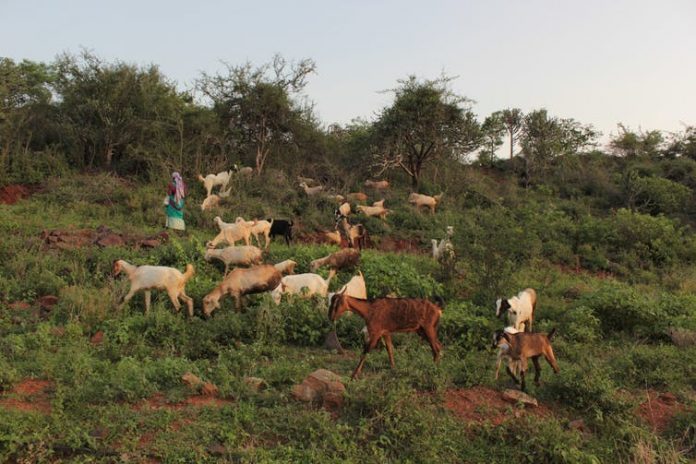People who directly depend on the natural world for their livelihoods, like farmers and fishers, will be among the greatest victims of the climate crisis. Invulnerable hotspots, such as the arid lands of Kenya and Ethiopia, farming communities are already struggling with droughts and water scarcity that kill their cattle and threaten their very survival. The glacial-fed river basins of the Himalayan mountains, or the deltas of Bangladesh, India and Ghana, are increasingly prone to floods, landslides and powerful cyclones.
As a result, men are often migrating further to keep their families going, looking for casual work in neighbouring towns or villages for a few days or weeks at a time, or to cities further away. Many try to return home when they can, with whatever they have earned. But during their absence, the entire burden of maintaining the family is on women.
Researchers are in a race against time to predict how climate change will affect these communities and help them adapt, with drought and flood-resistant crops and cattle breeds for example. But it’s often overlooked that climate change will affect one half of humanity significantly more than the other. Longstanding gender inequality means that within regions of the world that are particularly vulnerable to climate change, women are likely to suffer more than men.



